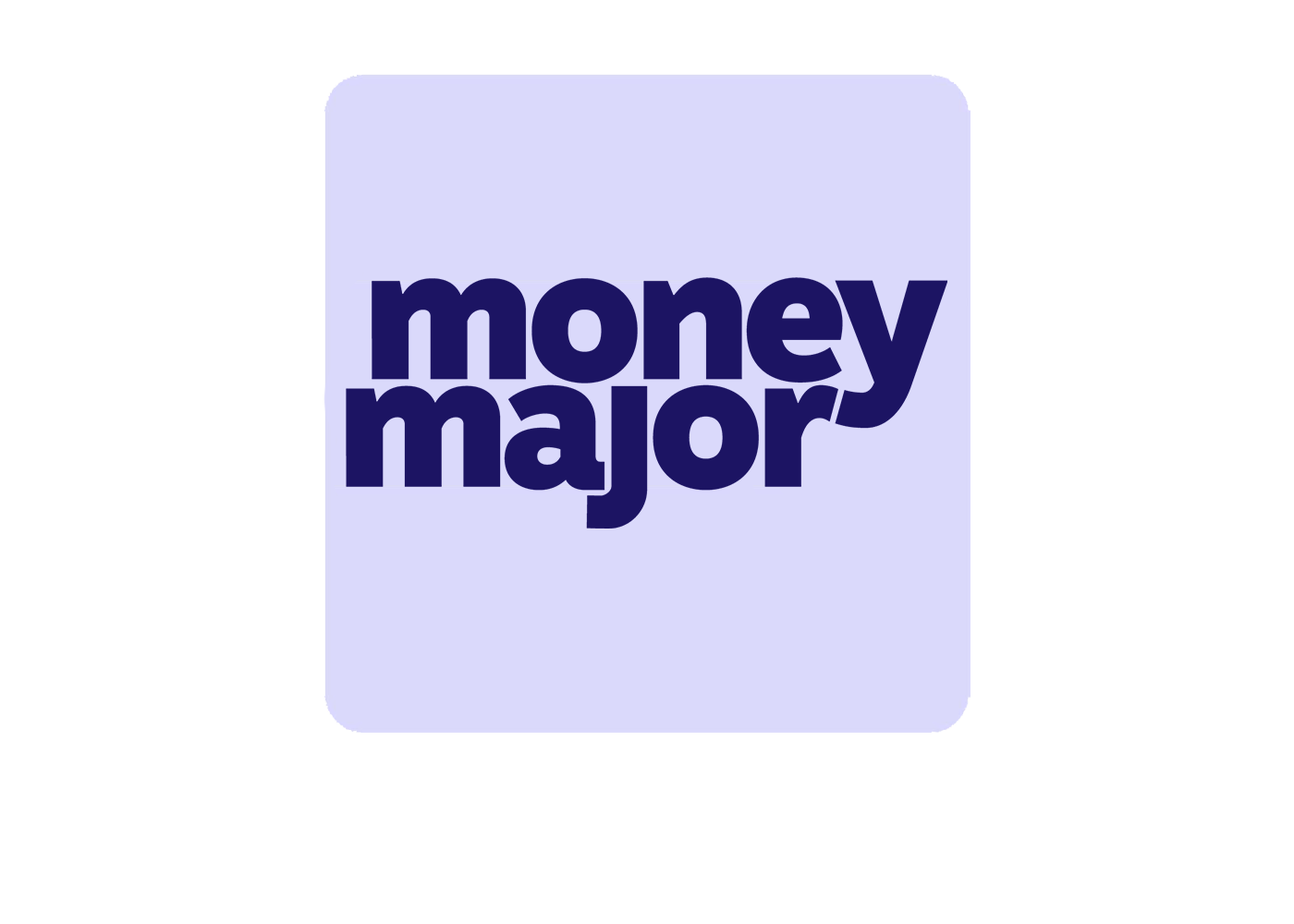Good credit is funny: it’s rarely mentioned when you’re younger, but out of nowhere, it might seem like you’re asked for it everywhere you go. From applying for loans to credit cards or submitting a rental or mortgage application, your credit score plays a crucial role in many transactions in your adult life, and it’s essential to build a good score.
What is a credit score?
A credit score represents how likely you are perceived to pay your bills on time. It’s based on many factors, from your payment history to how long you’ve had access to different types of credit (e.g. loans, credit cards, mortgages) and the ratio of credit used vs available to you.
Credit scores range from 300 to 850, and your score corresponds with a ranking.
300-579: Poor
580-669: Fair
670-739: Good
740-799: Very good
800-850: Excellent
What is a credit score used for?
A higher score indicates you’re reliable or “creditworthiness” regarding your bill and debt payments. Good credit makes it easier for you to get approved for additional credit products at a favourable rate. Lenders may charge you a higher interest rate or deny your application if your credit score is low.
You credit score can be used by landlords, insurance companies, credit card companies and even prospective employers to determine whether you’re responsible and conscientious when fulfilling your obligations.
Building a good credit score early
It’s best to start building your credit as a student. Many (although not all) students still receive some financial support from their families, which gives them time to develop a credit history before they’re fully on their own. Here’s how to do it:
Apply for a student credit card – and be responsible!
Student credit cards are specifically targeted to those who don’t have a credit history. These cards usually don’t have much in the way of frills but provide a chance to demonstrate that you can use credit wisely. Finding a card with no annual fee and a lower interest rate is best to help keep your expenses manageable.
Remember to only open credit accounts you can manage and pay off in full so start with a low limit. It’s best to make sure you can manage a smaller amount before accepting a large credit allotment. Opening too many credit products at one time or using one to pay off another will bring down your score.
Pay your bills on time
Your credit card statement will often have a minimum payment specified. This amount is usually a fraction of your total balance. But to build good credit, you will need to pay your balance in full every month. Remember that your credit limit is not money that you have, it is borrowed debt that will need to be repaid. Carrying an unpaid balance can negatively impact your credit score. This principle applies to all your bills – whether your rent, utilities or car payments – make sure you pay them on time and in full.
Establish a relationship with a bank
It can be challenging to be approved for a loan or another financial product at a bank without some previous interaction or relationship. An open and active chequing or savings account gives the bank some context and understanding of your financial health, which can assist you when applying for a mortgage, line of credit or another service.
Check your credit reports yearly
It’s a good idea to monitor your credit report and contest any discrepancies you see – mistakes happen. You can request your full credit report free of charge from Equifax or TransUnion, the two major credit bureaus operating in Canada. You can access it online or have a physical copy mailed for an additional charge. You may also be able to check your credit score through your financial institution. The information provided may not be as fulsome as your full report, but you can get an idea of your overall credit health based on the score.
While you can build great credit, credit can’t be built in a day, with patience and persistence, you can achieve a solid score that will set you apart!
- Read more: Top Financial Lessons for Students

Embark is Canada’s education savings and planning company. The organization aims to help families and students along their post-secondary journeys, giving them innovative tools and advice to take hold of their bright futures and succeed.



